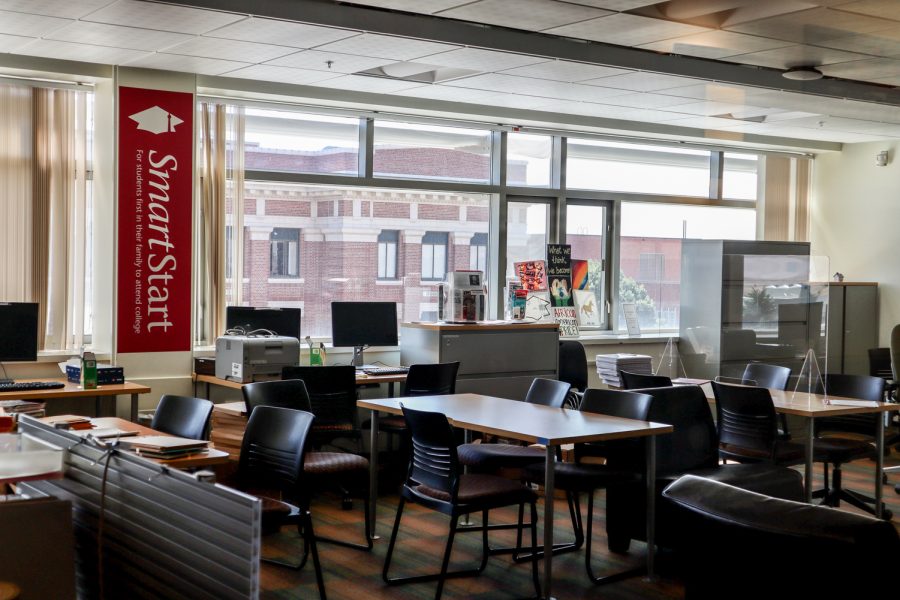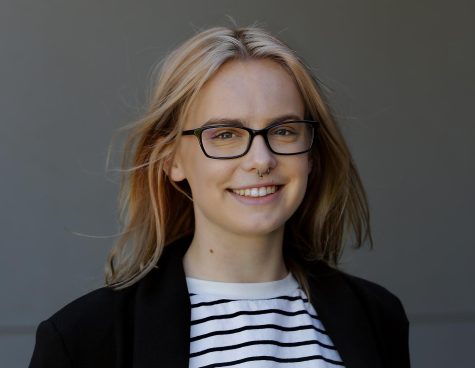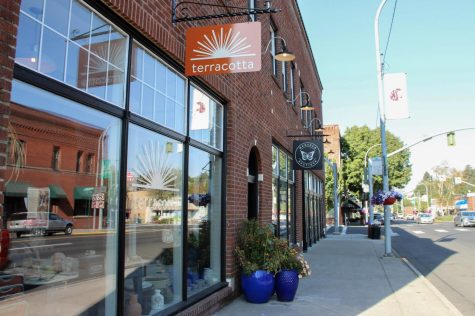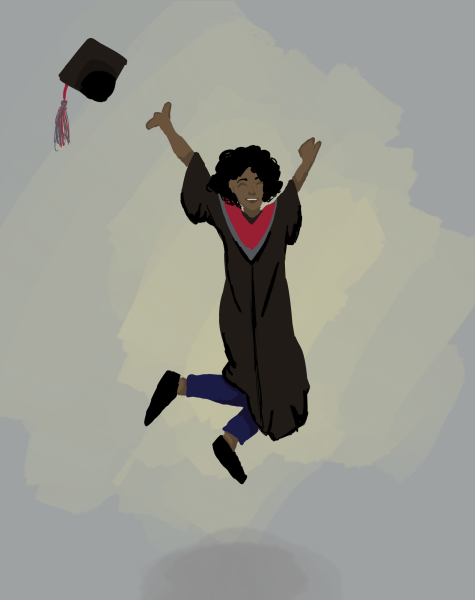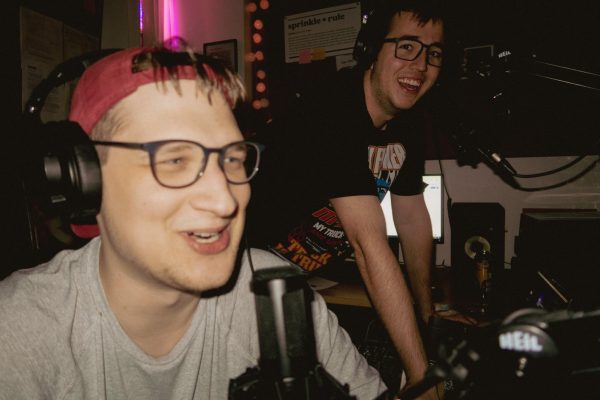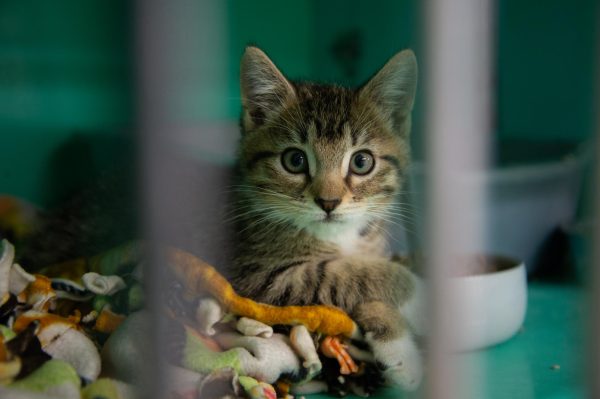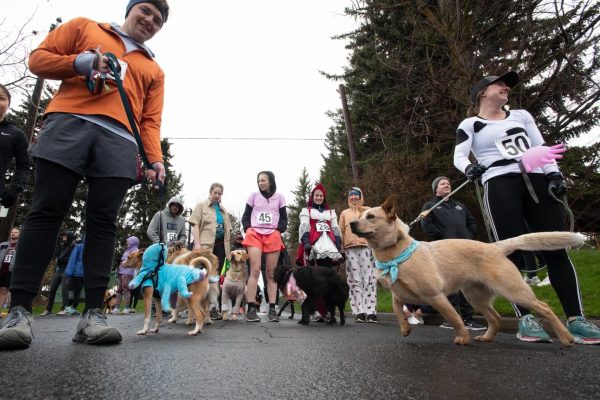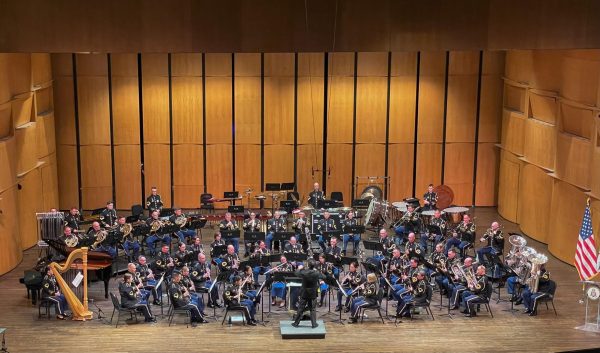Multicultural Student Services here to help
Center provides leadership opportunities for students, access to campus resources
Multicultural Students Services is located on the fourth floor of the Compton Union Building. Advisors are available to students if they need help.
August 19, 2021
The Multicultural Student Center at WSU came together in 1987 and has been serving students of color ever since.
Stephen Bischoff, student equity services/multicultural students services director, said MSS exists to support students of color on campus when they are struggling and opens opportunities to meet people and get involved in leadership as well.
“We exist to really support students of color,” Bischoff said. “That does not mean that we don’t support all students. We’re actually very diverse in our spaces [and] in how we support.”
Dominique Faga’autau, Asian American and Pacific Islander Student Center retention counselor, said MSS tries to make the best experience for undergraduate students.
“I help students just by getting to know them, who they are as a human being, who they are as a student and then figuring out what are their favorite hobbies before I dive deep into what we can help [them] with,” Faga’autau said.
He said he helps students figure out what they want to do during their time at WSU. He aids them in figuring out their financial aid and how to budget.
MSS also opens opportunities to build connections and a community with students, Faga’autau said. He, along with his colleagues, make sure students have the proper resources for when they graduate.
Not only does MSS offer opportunities to help students prepare for their future, but it provides a space for students to hang out.
“A lot of student [organizations] want to host a lot of educational or cultural workshops in our space, so I definitely let them do that free-range because my house is their house,” Faga’autau said. “If we really want to build our Cougar community for all of our students, I gotta practice what I preach.”
Bischoff said he is excited for new students to see MSS’ student centers. Students can study and utilize open spaces available.
“People, when they see this space, their first initial reaction is that ‘oh, this is a cool place to hang out.’ They’re not wrong,” he said.
When the pandemic happened, Bischoff said there was a lack of connection with students because everything was online. The centers were off-limits for a while, but MSS offered reservations late in the fall semester last year, he said.
MSS is now planning on opening these spaces up to maximum capacity, Bischoff said. They even got all of their furniture back last week.
There will be second-year students and incoming freshmen who never had an on-campus experience, and MSS wants to provide answers to questions those students may have, he said.
Bischoff said his office, along with his colleagues’ offices, are located in the MSS center to build connections with students.
“It could be casual where students pop in, or we’ll hang out in the center and we’ll talk about the Olympics,” he said. “Students just come in, and that’s part of what’s so awesome … it’s just very communal, new people will come in, and we try to introduce folks … we want it to be a community.”
MSS offers a mentorship program where students with at least one school year at WSU under their belt can work with first-year students as their mentor, Bischoff said.
“It’s like having a friend and someone that can help show you the ropes and they’re committed,” he said. “It’s not just an internship opportunity, it’s something where these students are committed to helping fellow Cougs and their adjustment.”
The mentors take a one-credit class in the spring and receive training through the class, he said. They receive an internship credit from the class.
“I was a mentor way back in the day and I have not found a job or position in general that mentoring doesn’t enhance,” he said. “Being a mentor enhances so many aspects of social skills, organizational skills, outreach, you name it.”
Applications to be a MSS mentor come out during the fall semester, he said. Applications must be submitted by the end of November.
MSS is starting to transition to a new name — Student Equity Services, Bischoff said. The organization is working on finalizing the name change by the end of the fall semester.
“I’m just trying to let people know. It’s not meant to be a surprise. It’ll be a transition, even for myself because I’ve only known it as MSS,” he said. “It’s just how we want to be encompassing of the work we’re doing. Student equity … encapsulates the kind of work we’re doing.”

